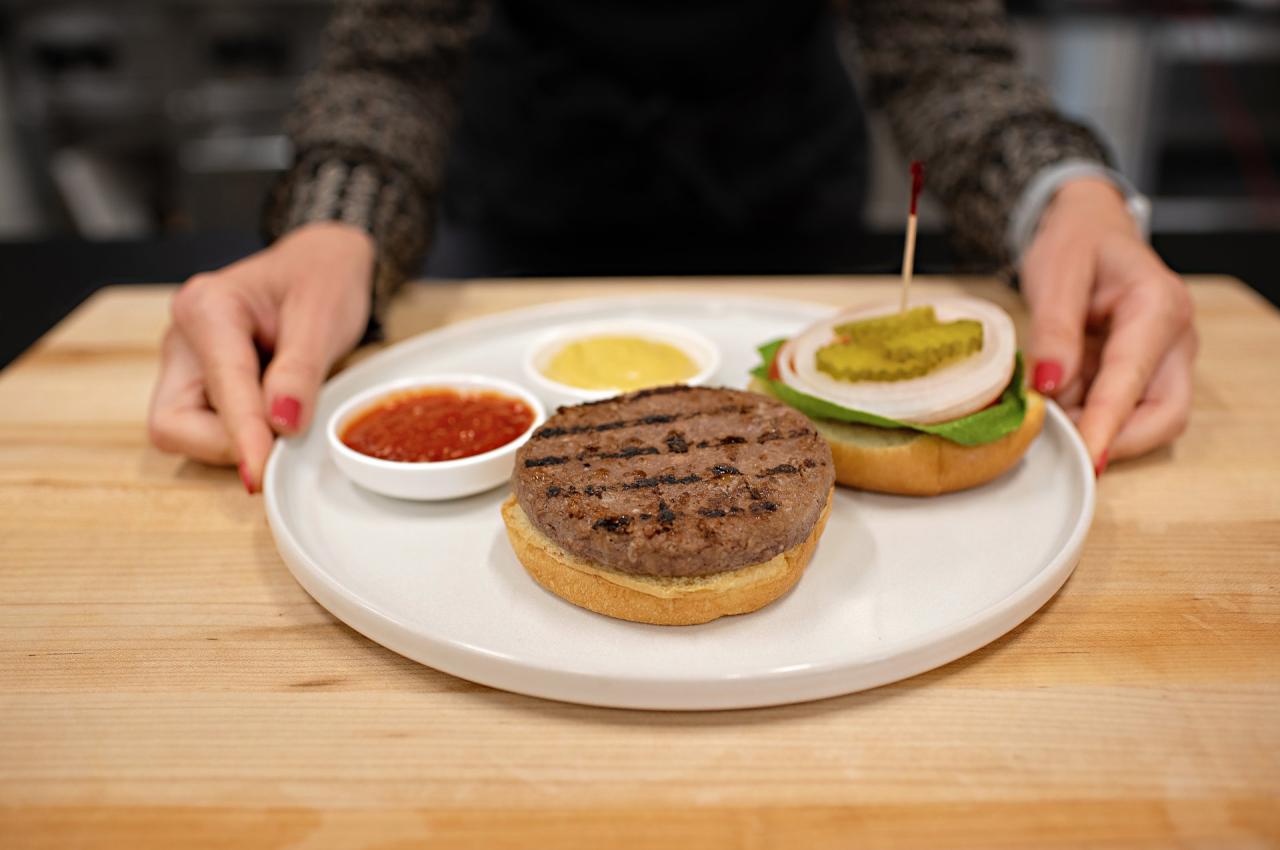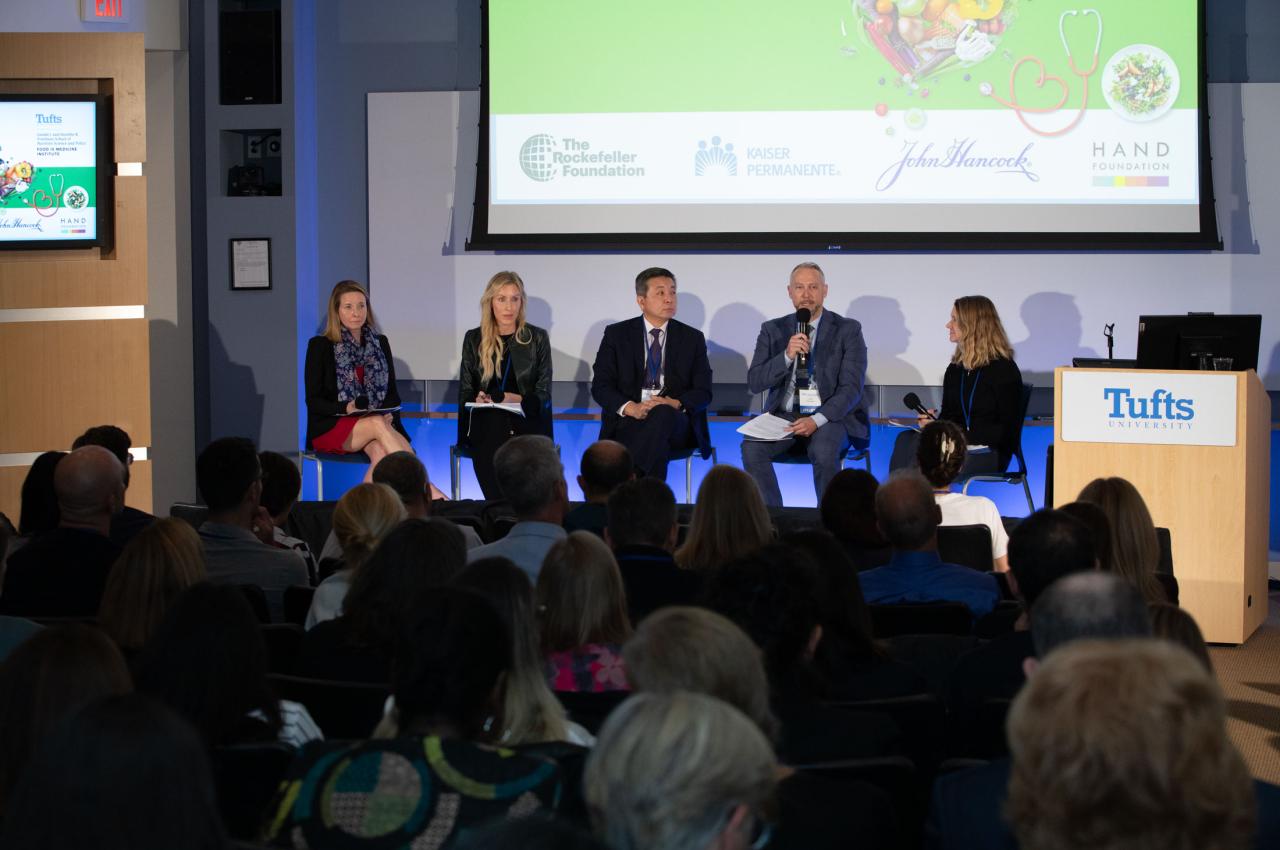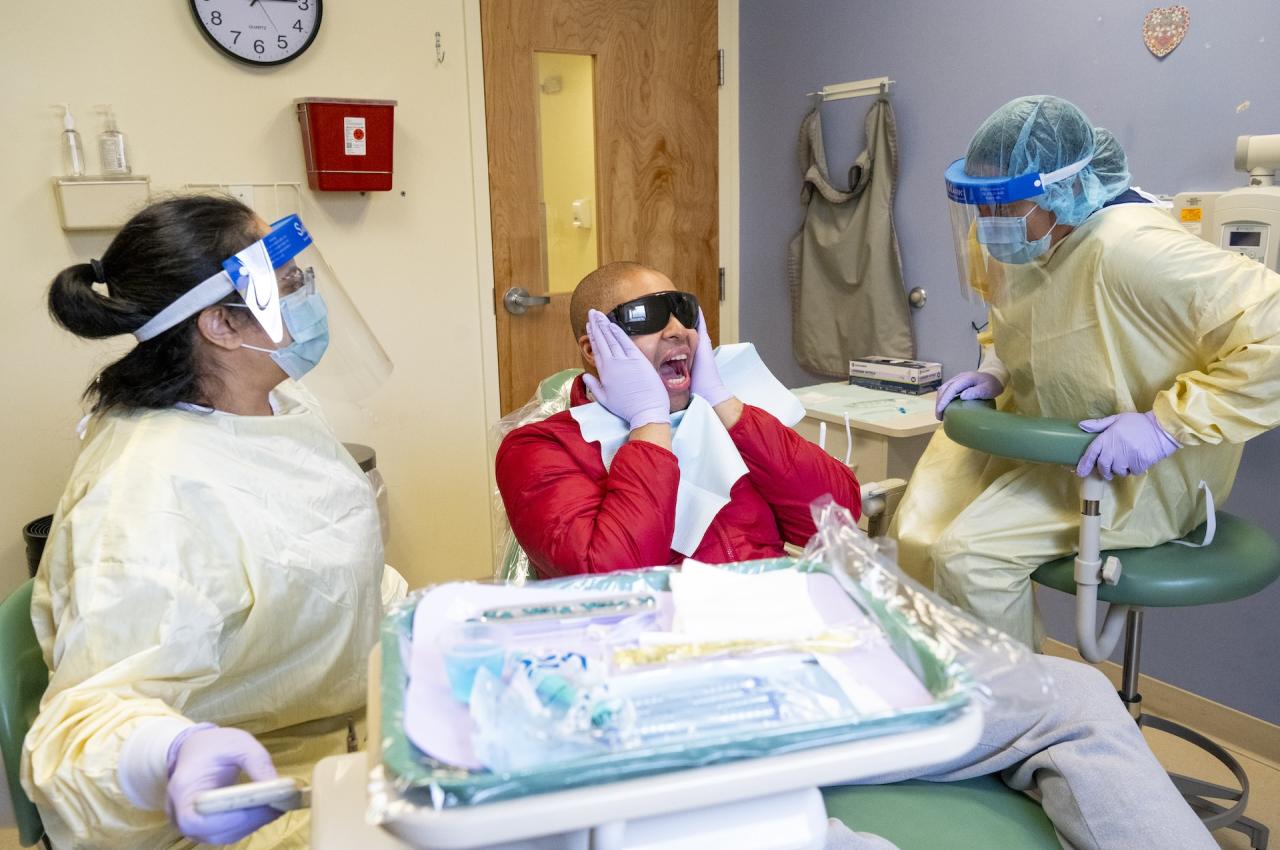Bringing Cultivated Meat Inventions to the Public Sphere
For the last two years, the cultivated meat industry has been experiencing growing pains. Many startups have shrunk, shut down, or pivoted. Their advances aren’t going to waste, though.
The Tufts University Center for Cellular Agriculture (TUCCA), which seeks to enable production of meat, milk, and eggs from cells instead of animals, has teamed up with nonprofit partner Good Food Institute to salvage the intellectual property—the inventions—of those firms and make them publicly available to help nurture the industry.
Specifically, this effort aims to obtain and broadly distribute cell lines—cells of a specific type that can be grown indefinitely in a solution containing nutrients, or media. The cell lines can then be used to generate cultivated meat, an alternative product which can enhance the efficiency, resiliency, and product diversity of our food system.
By obtaining these cell lines and making them widely available, Tufts and the Good Food Institute can rescue years of effort and millions of dollars of company R&D which would otherwise be lost after company closures.
For example, in 2023 San Francisco startup SCiFi Foods began growing beef cell lines for food. They raised a total of $40 million over several funding rounds, and had developed a hybrid burger of 90% soy protein and 10% cultivated beef cells, submitting their cultivated beef to the FDA for regulatory approval.
That same year, though, investors started to cool on cultivated meat. The poor funding environment led to SCiFi Foods’ closure, and its assets were sold at auction—including their cell lines.
“We didn’t know who else might show up for the auction, but collectively agreed it would be a shame for SCiFI’s technology to get locked in a box somewhere, so we were excited that GFI decided to bid,” said Meera Zassenhaus, director of communications for TUCCA.
The Good Food Institute had the winning bid, buying eight cell lines and the recipes for two serum-free (meaning no animal product) media formulations competitively at auction, which it then transferred to Tufts for storage and validation with the intent of making them available for others to use and further develop.
These cell lines include the three most commercially developed beef cell lines from the company, which have all been modified by the gene-editing technology CRISPR to ensure their ability to grow indefinitely in culture, and subsequently adapted to grow in scalable single-cell suspensions, like a “soup” of cells. Two of these cell lines have been further engineered to remove antibiotic resistance markers (genes inserted in the R&D process), thus making them suitable for food applications.
The plan is for the cells to be part of an open access cell bank maintained by TUCCA, which is currently raising funds to build out its infrastructure to acquire and develop additional cells from various livestock and harvested animal species.
“We’ll make them available with very few restrictions on use,” said Andrew Stout, an assistant professor in the Tufts biomedical engineering department who is leading cell bank efforts.
The cell bank will be housed in TUCCA’s upcoming future foods innovation hub, to offer shared-use prototyping and scale-up research facilities, incubator lab space for startups to co-locate, and a network of experts to accelerate cellular agriculture development in Massachusetts and globally.
What Makes SCiFi’s Beef Cell Line Special
Stout and the Good Food Institute’s senior principal scientist for cultivated meat Elliot Swartz led the effort to evaluate SCiFi’s portfolio for the best candidates to initially offer through the cell bank. “The most exciting feature about the first cell lines is that they can be grown in single-cell suspension,” said Stout.
Single-cell suspension means they grow with the cells floating freely in solution, forming a slurry of sorts, in contrast to most cells that require something to attach to and then be scraped off of, like the surface of a culture dish. “That allows for simple, large-scale production in bioreactors, making them the first such livestock-based cell lines broadly available to the field,” he said.
“There’s a lot of research that can be done about figuring out how to make other cell lines grow in single-cell suspension,” said Natalie Rubio, EG22, executive director of the Cellular Agriculture Commercialization Lab, which is leading the banking and distribution of the cells as part of its larger mission to commercialize promising technologies. “The cells we acquired will open the door for some more scalable research, like bioreactor optimization.”
In addition to the eight bovine cell lines from SCiFi, the TUCCA cell bank plans to offer additional cells developed at Tufts, including bovine, mackerel, and pork lines. According to Zassenhaus, TUCCA and Good Food Institute expect high demand for the cells, with an official waitlist form to register interest available.
“We are essentially composting intellectual property, or IP, from an individual start-up and transforming it into a public good to benefit the entire field,” said Zassenhaus. “This model of IP re-use makes sense for all kinds of technologies even beyond alternative proteins, especially as climate tech broadly faces a contraction in funding.”













